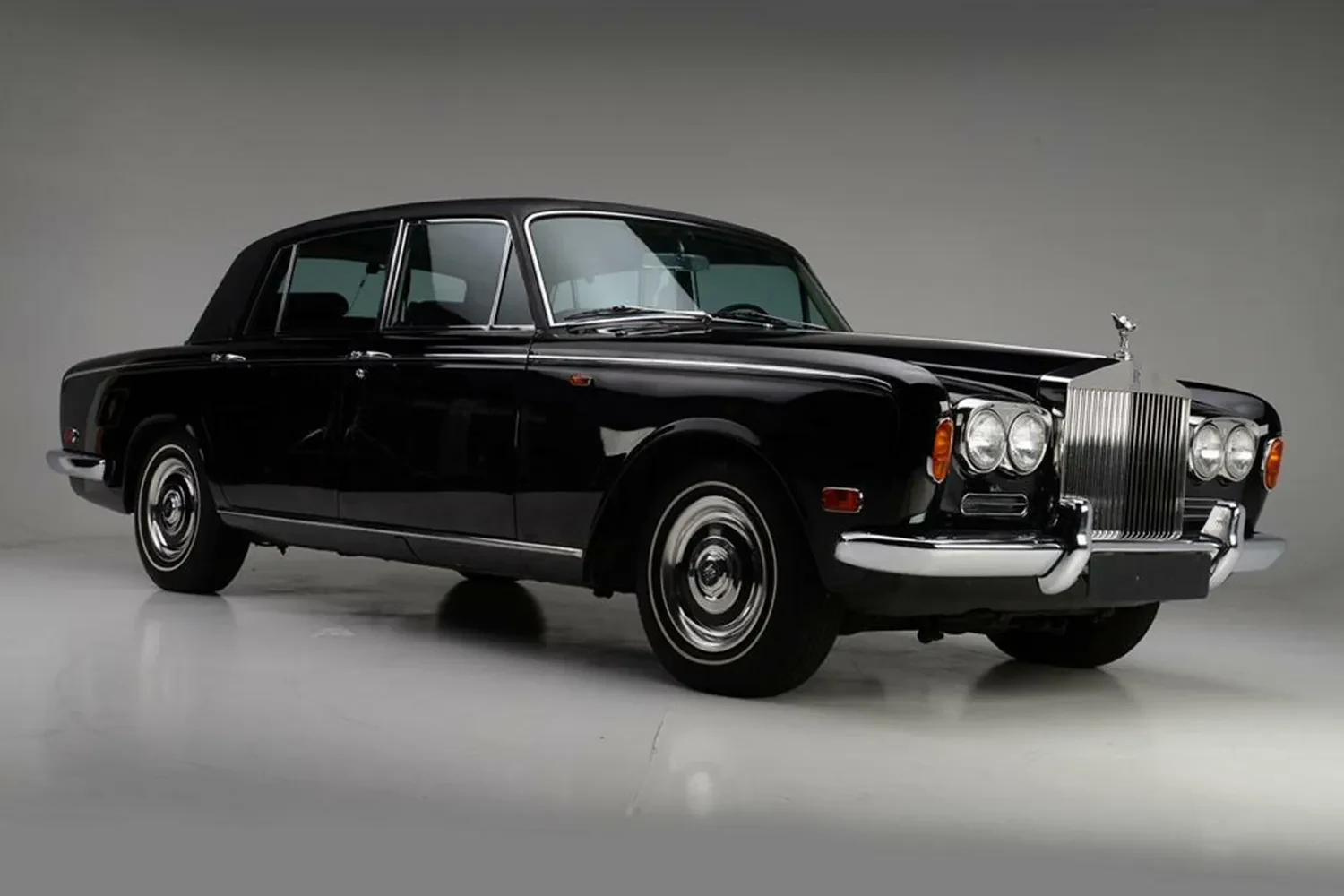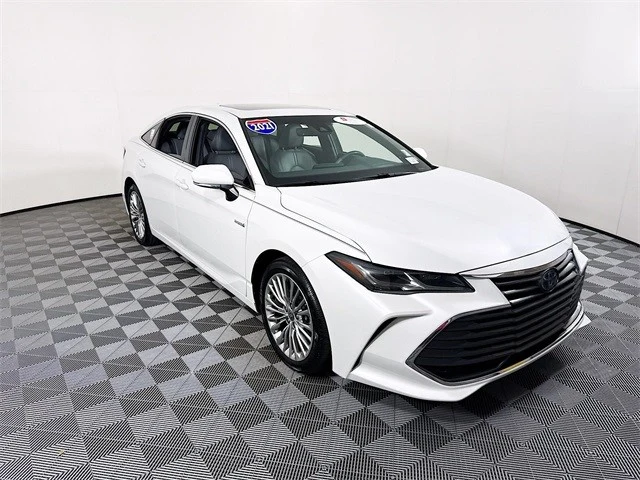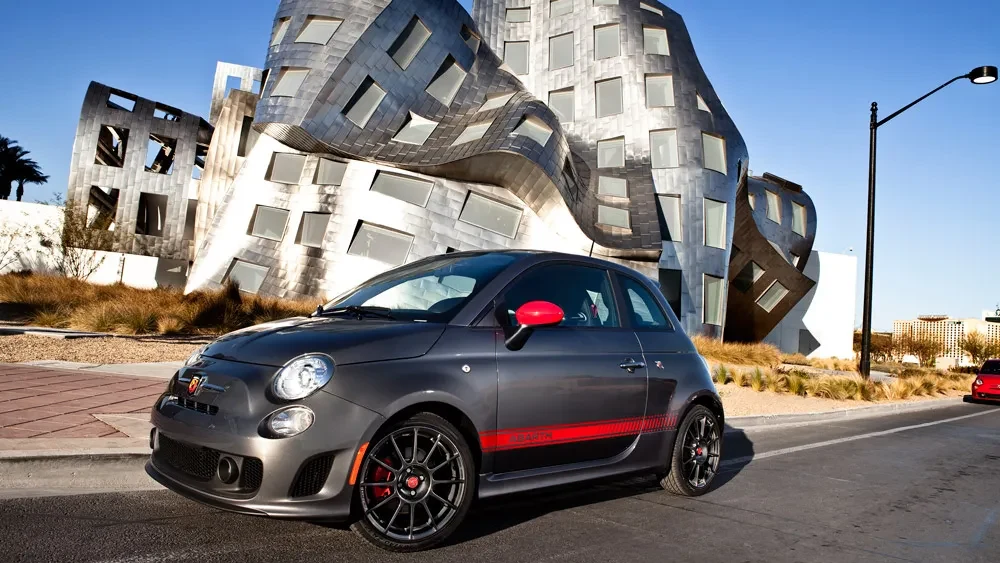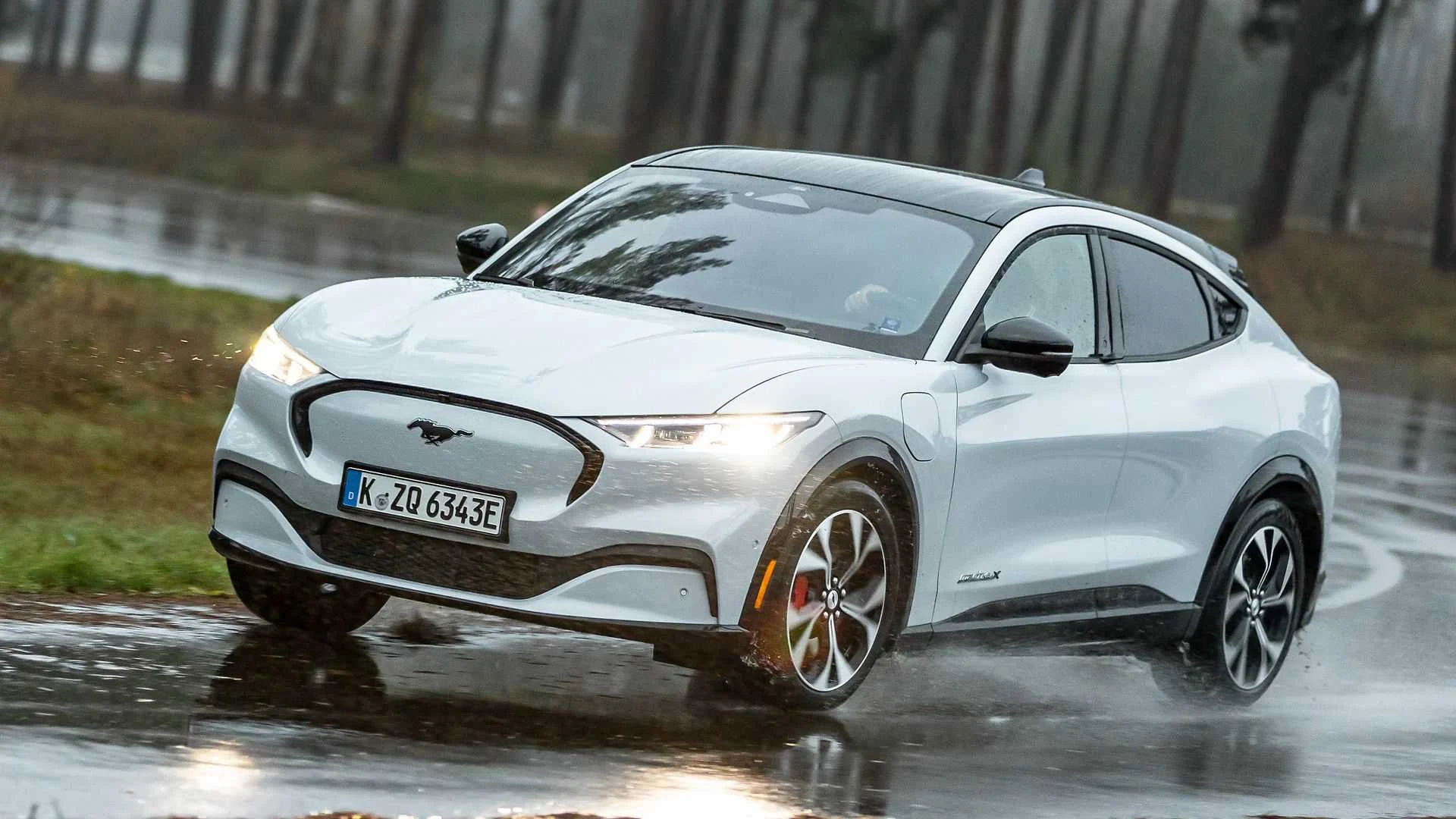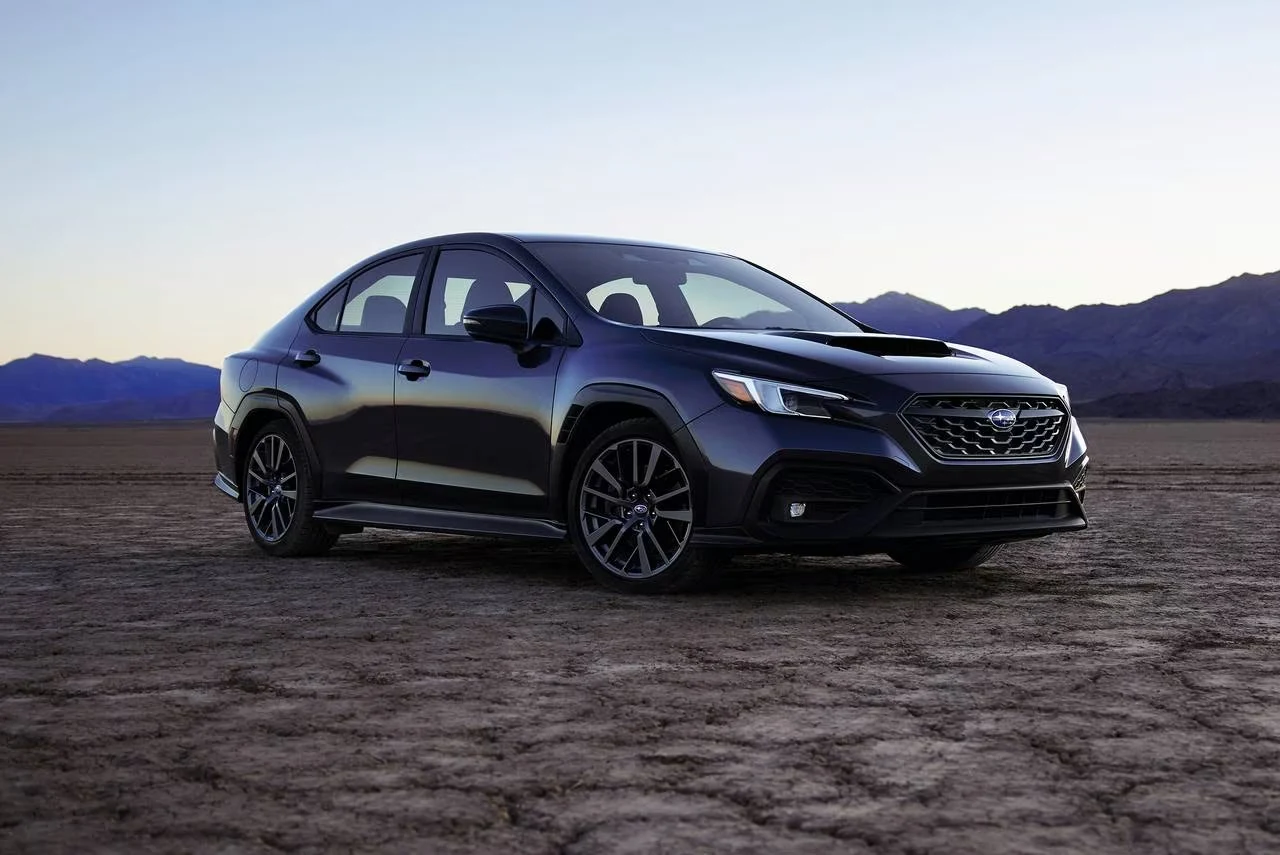Table of Contents
ToggleIntroduction: The Myth of the 1969 Johnny Cash Rolls Royce
Few cars carry the weight of history, culture, and music quite like the 1969 Johnny Cash Rolls Royce. Known for his deep voice, rebellious soul, and black attire, Johnny Cash symbolized raw American grit — yet even this outlaw country icon couldn’t resist the allure of pure British luxury. Gifted to him during the peak of his career, the Rolls Royce became more than just a car. It was a status symbol, a piece of music history, and today, a collector’s dream.
While often referred to as a 1969 Rolls Royce, the actual model is a 1970 Rolls Royce Silver Shadow Long Wheelbase. However, the nickname “1969” stuck because that was the golden year of Cash’s stardom — the year his legendary TV show began and his fame reached new heights.
Specifications Table
| Feature | Specification |
|---|---|
| Model Year | 1970 (commonly known as 1969 Johnny Cash Rolls Royce) |
| Base Model | Rolls Royce Silver Shadow Long Wheelbase |
| Engine | 6.75 L V8 (original), later Tesla electric motor |
| Transmission | Automatic |
| Drivetrain | Rear-Wheel Drive |
| Exterior Color | Black |
| Interior | Hand-stitched leather, wood veneer |
| Special Features | Gold-leaf “J.R.C.” initials, long-wheelbase design |
| Auction Price | ~$80,000 (2014) |
| Current Status | Private collection, EV converted |
The Story Behind the 1969 Johnny Cash Rolls Royce
At the height of his fame in the late 1960s, Johnny Cash wasn’t just a singer — he was a cultural icon. In recognition of his success and massive television presence on The Johnny Cash Show (1969–71), ABC Studios gifted him a custom-built Rolls Royce Silver Shadow. This wasn’t just any car. It was a hand-crafted, British luxury sedan with custom features — including gold-leaf initials “J.R.C.” (John R. Cash) on the doors — a symbol of prestige reserved for the most elite figures of the time.
The combination of Cash’s rebellious image and the aristocratic presence of a Rolls Royce created a striking contrast. It was the perfect representation of a man who had conquered both the rough roads of country music and the red carpets of mainstream fame.
Design and Engineering: Luxury Meets Legacy
The 1969 Johnny Cash Rolls Royce was based on the iconic Silver Shadow series — a major turning point for Rolls Royce. Unlike the heavy, old-school body-on-frame cars of the past, the Silver Shadow featured a modern unibody design, independent rear suspension, and disc brakes on all four wheels — all advanced features for its time.
Engine and Performance
Under the hood sat a 6.75-liter V8 engine paired with an automatic transmission. It wasn’t built for racing but for silent, smooth cruising — perfect for a man whose life was always on the move. The ride was exceptionally quiet, and the steering was silky, allowing Cash to glide through Tennessee roads in understated luxury.
Exterior Elegance
Cash’s car came in deep black — a nod to his famous moniker, “The Man in Black.” Chrome detailing, hand-finished paint, and a stately Rolls grille gave it royal presence. His gold-leaf initials added a personal touch that made this particular Rolls Royce one-of-a-kind.
Interior Luxury
Inside, the cabin was a sanctuary of luxury: hand-stitched leather seats, polished wood veneer, lambswool carpets, and aircraft-grade switchgear. The rear cabin, made even larger by the long-wheelbase design, offered limousine-like comfort, allowing Cash to relax between performances or songwriting sessions.
Cultural Significance: Why This Car Matters
The 1969 Johnny Cash Rolls Royce isn’t just a car — it’s a cultural artifact. It represents a rare crossover between rugged American outlaw culture and refined British elegance. It tells a story of success, transformation, and the blending of worlds that defined Johnny Cash’s legacy.
At a time when country music stars typically drove Cadillacs or pickup trucks, Cash’s Rolls Royce was a bold statement. It wasn’t just about wealth — it was about arrival. It showed that a boy from Arkansas could rise from poverty to international stardom and be recognized alongside royalty, presidents, and movie legends.
Auction History and Electric Rebirth
After Cash’s passing, the car eventually made its way into private collections and resurfaced at a Barrett-Jackson auction in 2014, where it sold for roughly $80,000. While that price might seem modest for such a historic vehicle, it reflected the need for restoration work.
The car’s next chapter was even more fascinating. Its new owner commissioned an Oregon-based company, Shift EV, to transform it into a fully electric vehicle. They replaced the original V8 with a Tesla Model S powertrain, including a 75 kWh battery pack. The result? The same iconic body and interior — but now silent, emissions-free, and lightning-quick.
This transformation turned the 1969 Johnny Cash Rolls Royce into a rolling symbol of evolution — bridging the gap between mid-20th-century craftsmanship and 21st-century innovation.
Collector Value and Investment Potential
Owning the 1969 Johnny Cash Rolls Royce — or any celebrity-owned classic Rolls — is about more than transportation. It’s about owning a piece of cultural and automotive history. Cars like this hold tremendous storytelling value, and with its EV conversion and star-studded provenance, its collector value is only expected to grow.
Buyers should, however, consider the importance of documentation (proof of ownership, original registration, and gold-leaf initials), restoration quality, and whether modifications like the EV swap affect future resale value.
Pros and Cons of the 1969 Johnny Cash Rolls Royce
Pros:
- Unique celebrity provenance and historical value
- Bespoke design details like gold-leaf initials
- Classic British craftsmanship and timeless luxury
- EV conversion improves performance and reliability
- Highly desirable collectible with strong investment potential
Cons:
- Maintenance of vintage Rolls models is expensive
- Original parts can be rare and costly
- Electric conversion may affect collector appeal for purists
- Requires specialist knowledge for restoration or servicing
Conclusion
The 1969 Johnny Cash Rolls Royce is far more than a vintage luxury car — it’s a piece of music and automotive history. From its days chauffeuring the “Man in Black” through the heights of fame, to its second life as an electric masterpiece, this Rolls tells a story of transformation, resilience, and timeless appeal. It captures the essence of Johnny Cash himself: bold, enduring, and iconic. Whether admired in a museum, a private collection, or quietly gliding down a modern street, this legendary car remains a symbol of how art, engineering, and history can converge in a single vehicle.
FAQs About the 1969 Johnny Cash Rolls Royce
Q1: Was the car really from 1969?
A: It’s commonly called the 1969 Johnny Cash Rolls Royce, but it’s actually a 1970 Silver Shadow gifted around that time.
Q2: What color was Johnny Cash’s Rolls Royce?
A: It was black — matching his signature “Man in Black” persona.
Q3: How much did it sell for at auction?
A: It sold for around $80,000 at a Barrett-Jackson auction in 2014.
Q4: Why was it converted to electric?
A: The EV conversion modernized performance, increased reliability, and aligned with sustainability trends while preserving the car’s iconic look.
Q5: What makes this car so valuable?
A: Its direct connection to Johnny Cash, bespoke customization, and rarity make it one of the most historically significant celebrity cars in existence.
I’m Waqas, an electric vehicle enthusiast and tech writer with over 6 years of experience covering the EV industry. I write in-depth articles, comparisons, and reviews to help readers understand the fast-evolving world of electric mobility. From battery technology to EV launches and charging trends, I aim to make complex EV topics simple, engaging, and informative for everyday drivers and curious readers alike.

